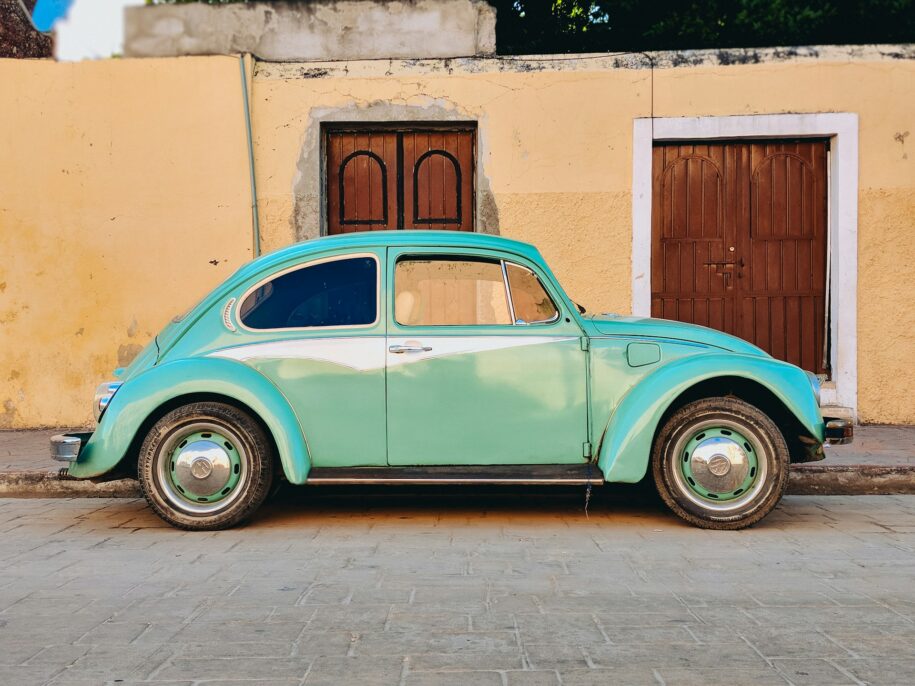Due to rising costs, people are keeping their cars longer and not replacing them as often. This is actually a good thing.
I drive a Toyota Prius. I bought it (for cash) over a decade ago, and it was almost a decade old when I got it.
My intention is to drive it until it disintegrates like the car at the end of the Blues Brothers:
There are quite a few reasons for this. First, I just hate the process of buying a car. It always feels vaguely hostile and I always worry I’m getting ripped off. Also, it’s expensive and time-consuming, and plagued with uncertainty. Will I buy a lemon next time? Better to just keep what I have.
And in this current market, it’s seeming like more people are starting to agree with me.
Table of Contents
Cars are expensive
The Wall Street Journal had an article recently titled “The New Math of Driving Your Car Till the Wheels Fall Off” (paywalled, but you’re welcome).

It was an interesting read, and while I agree with its premise, I’m not sure that its argumentation fully explained why.
First, let’s acknowledge that car ownership is an expensive proposition. It costs, these days, on average, around $1,000 a month to own and operate a car when everything is factored in, assuming a relatively new car. That assumes a $700-ish monthly payment on a car.
If you don’t have a payment, the cost to own a car drops significantly. That is a point for keeping the car you already have, though it’s of course possible to buy another car without making a car payment.
It’s unlikely that most people will be buying a new car without a car payment though. According to the above article, the average price on a new vehicle was $46,660 in March 2024.
But you know how I feel about buying new cars.
Maintenance
Costs to operate a car have been rising steeply. Car insurance is up over 20% over the past year (according to the article), and maintenance—both parts and labor—have also been on a tear. I can personally attest that the last time I got a measly oil change it was $125.
One would think that this would be a point in a new(er) car’s favor, since one naturally thinks that older cars have higher maintenance costs.
But surprisingly not. As the article states:
Newer models have become more expensive to repair. Seemingly simple fixes can run up large bills when damage affects sensors, screens and other new technology that has become more standard.
That makes sense when you think about it. New cars are basically iPhones with wheels, and that’s especially true with electric cars. And repairing tech is not cheap; you don’t need a wrench, you need a degree.
Cars last longer now
I remember growing up that cars kind of died out at 100,000 miles, or maybe 10 years. It was unheard of to own a 10 year old car.
Now, that’s commonplace. Almost half the cars out there are 10 or more years old these days (again, according to the article). And at least in Toyota circles, mentioning how your car has hit 100,000 miles is likely to garner the response, “it’s just getting warmed up.”
The main idea
I guess the main idea is that because cars are getting more expensive, and newer cars aren’t less expensive to maintain, and older cars are lasting longer, you more likely want to keep the car you have. This is a good development, and I highly support it.
I’m not saying I like that cars are so expensive, with a new car being worth almost an entire year’s household income, on average, whereas it used to be more like a third. It’s just that I believe that switching cars less will save you money over the long run, and without any significant qualify of life alteration.
I credit keeping my 1990 Geo Prizm for a decade as one of the best financial decisions of my life. Yes, it cost a lot to maintain, but I spent my entire 20s without a car payment. I’m sure I came out ahead.
Beyond that, using a car is environmentally problematic to say the least, but at least keeping the one you have longer means that potentially fewer of them need to be created.
What to do when you’re ready to buy
When you do decide to buy another car, make sure it’s not a new car. There are vanishingly few defensible reasons these days to buy a new car: not warranties, not maintenance, not safety. I’m not even sure that buying a new electric vehicle that gets one of those $7,500 tax credits changes the equation.
As far as I’m concerned, you can buy a new car when a loss of around $20,000 is one you can stomach without pain. If that’s not you, then move along and buy a used car, and leave the new cars to some other sucker.
But in general, I think you should keep your car much longer than conventional wisdom might suggest. Though according to this article, the conventional wisdom appears to be catching up.



